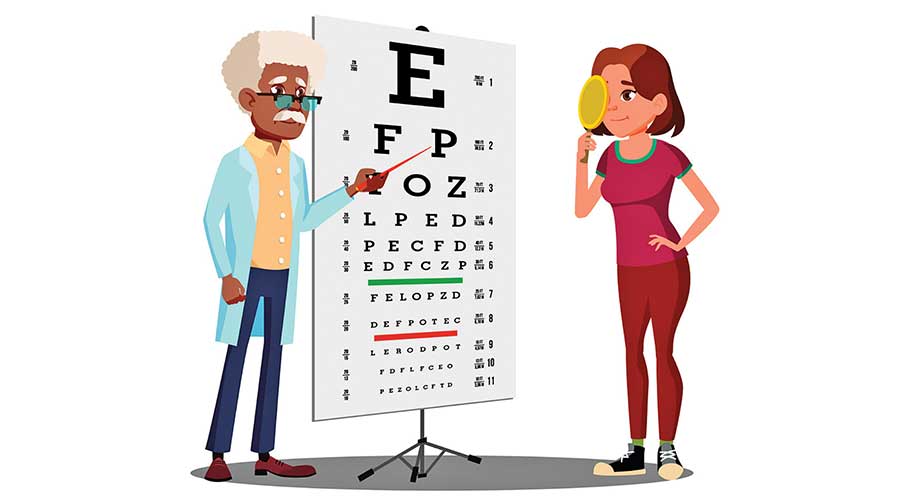ASK A PHYSICAL THERAPIST
- 20 Apr - 26 Apr, 2024

How long after opening is it safe to use a bottle of eye drops?
All eye drops have an expiration date, which refers to the shelf life of a drop which has not been opened. However, eye drops, once opened and used, risk being contaminated with the normal bacteria that live on the eyelids. Be very careful putting the drops in the babies’ eyes – it is easy to contaminate the tip of the bottle with a touch to the babies' eyelids. Most bottles of eye drops contain preservatives which limit bacterial growth but not entirely. The older the bottle, the greater the chance that it has been contaminated, and the longer the time the bacteria have to grow. A good rule of thumb is to throw away any opened bottle of eye drops after three months. So, an unopened bottle of drops can be used up to its expiration date, but if a bottle is opened today, you should throw it away after three months, even if the expiration date is 12 months from now.
Can waviness in vision be corrected with glasses? I had a vitrectomy about a year ago and resultant cataract removed two months ago. Vision in the eye is very wavy. Is this likely to improve at all? It was the reason I had the surgery (to fix scarring from a retinal tear repair).
While some types of waviness (like that caused by astigmatism) can be corrected with glasses, the waviness that you are experiencing is more likely related to some distortion of the retinal tissue. This type of waviness cannot be corrected with glasses.
Is it normal to have a lower reading glasses prescription after cataract surgery? My eyes are completely healed from the surgery.
The reading glasses prescription depends on the power of the lens implant (intraocular lens or IOL) that was placed inside your eye. Your reading glass power is inconsequential. What’s more important is that your reading vision is satisfactory while wearing the glasses.
If someone is blind in one eye (either completely or legally), what is the proper way to take care of the healthy eye?
Please wear impact-resistant safety glasses or goggles at all times. Even if you don’t wear glasses to correct your vision, you can still wear eyeglasses without a prescription (“plano” lenses). Also be sure to see your ophthalmologist for annual check-ups to look for glaucoma, cataracts, macular degeneration, and other “silent” sight stealing conditions.
COMMENTS